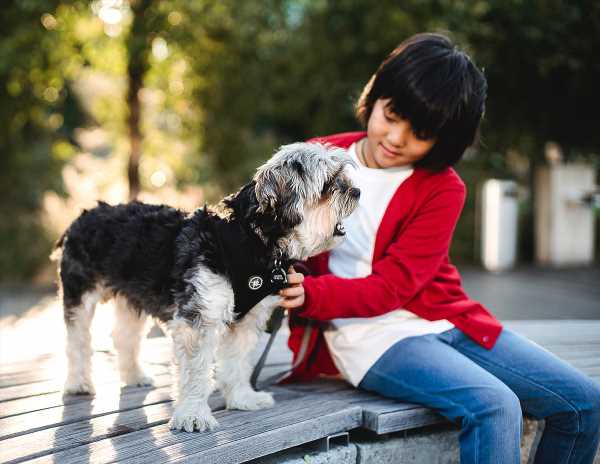The pandemic, and the resulting lockdown, saw many people buy or adopt a puppy without realising that this is a long term commitment, says dog trainer Pooja Sathe Gawande.
Challenging? Depressing? Tough? These words don’t even begin to sum up the year that has just passed.
The pandemic and the lockdown have seen almost everyone struggle with emotional highs and lows.
Many impromptu decisions were taken by families during the lockdown. One such major issue — that many people don’t talk about — is the adoption of puppies.
As a result having a lot of free time during the lockdown, and sometimes due to the feeling of loneliness, many families decided to buy or adopt a puppy. What they didn’t realise is that bringing a puppy into your family is a long term commitment.
With life is getting back to normal and offices opening, people are struggling to manage their ‘pandemic puppies’.
During the lockdown, when most family members were constantly at homes, the pups got used to having company 24/7.
Now that people have started spending more time outside their home, these puppies are facing separation anxiety.
Unfortunately, as a result of the pandemic and the lockdown, a lot of the puppies have missed out on socialising in the outdoor environment, with people, sounds, sights, etc. They were stuck indoors during their critical learning period, which is between 6-16 weeks.
Since access to veterinary assistance and professional training guidance was limited during the lockdown, a lot of first-time pet parents were unaware about the right food to feed their puppies or the correct way to start training them.
If you got a pet during the lockdown and are now struggling to maintain the balance between resuming work and taking care of the new member in your family, this article is for you.
Let’s talk about what pet parents can do to bring up a confident, healthy and active puppy during such uncertain times.
1. Setting up a daily routine for pets is very important.
Pet parents must set up their pup’s routine keeping in mind their changing work timing.
The puppy’s daily routine must include walk times, feeding times, play time and rest time.
2. Start training the puppy now, while you still have a few months before going back to work full time.
3. Take professional help for training.
Instead of fully depending on online information or fellow pet parents to train your puppy, it’s important to spend time, energy and money on the correct resources at the early stages of your pup’s life.
4. Talk to professionals about the correct type of food for your puppy, feeding frequency, things to avoid, etc.
5. Building your pup’s confidence is very important in the early days.
Work on correctly socialising your puppy with a variety of environments, people, sights and sounds gradually.
6. Crate training is a must.
Instead of thinking of crate training as a way of punishment for your pup, think of it as a confidence builder.
If introduced correctly, a crate can be a very safe and comfortable place for your puppy to rest while you are busy or out of the house.
7. Outdoor exercise is important for all breeds; just daily walks are not enough.
Dogs need mental stimulation. Outdoor play or sniffing games can be great way to provide it.
8. If you are struggling to keep up with the pup’s energy or to understand his behaviour, take professional advice.
It’s never too late to ask for help.
9. Divide the pup’s responsibility among all family members, including the kids.
10. Each puppy is different, so understanding your pup’s temperament and working on building a relationship with your puppy is always important.
Can you feed your pup the food you eat?
Is your pup too aggressive?
Is it facing separation anxiety?
Does it refuse to mingle with other dogs?
Send in your queries to Pooja Sathe Gawande at [email protected] (Subject: Pooja, can you help?). Do mention your name, your dog’s breed, age and the number of members in your family.
Pooja Sathe Gawande is an internationally certified dog trainer and behaviourist and the founder of Crazy K9 Campers.
Understanding and communicating with dogs comes naturally to her and she has trained over 2,000 dogs till date. Her specialty is getting pet parents involved in every aspect of having a pet at home and helping them create a special bond through training and parental behaviour modification programmes.
She also runs an agility training centre in Mumbai.
Pooja lives with her enthusiastic young Dalmatian, Ollie. You can follow their canine adventures here.
Source: Read Full Article




